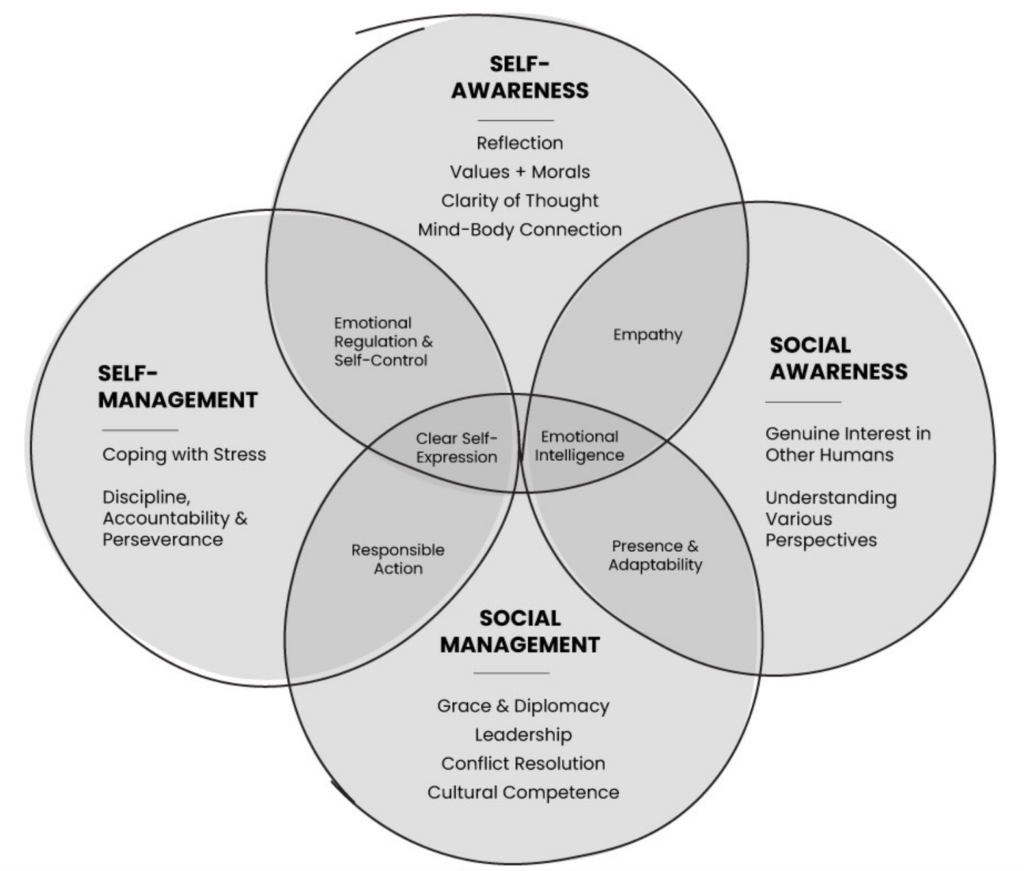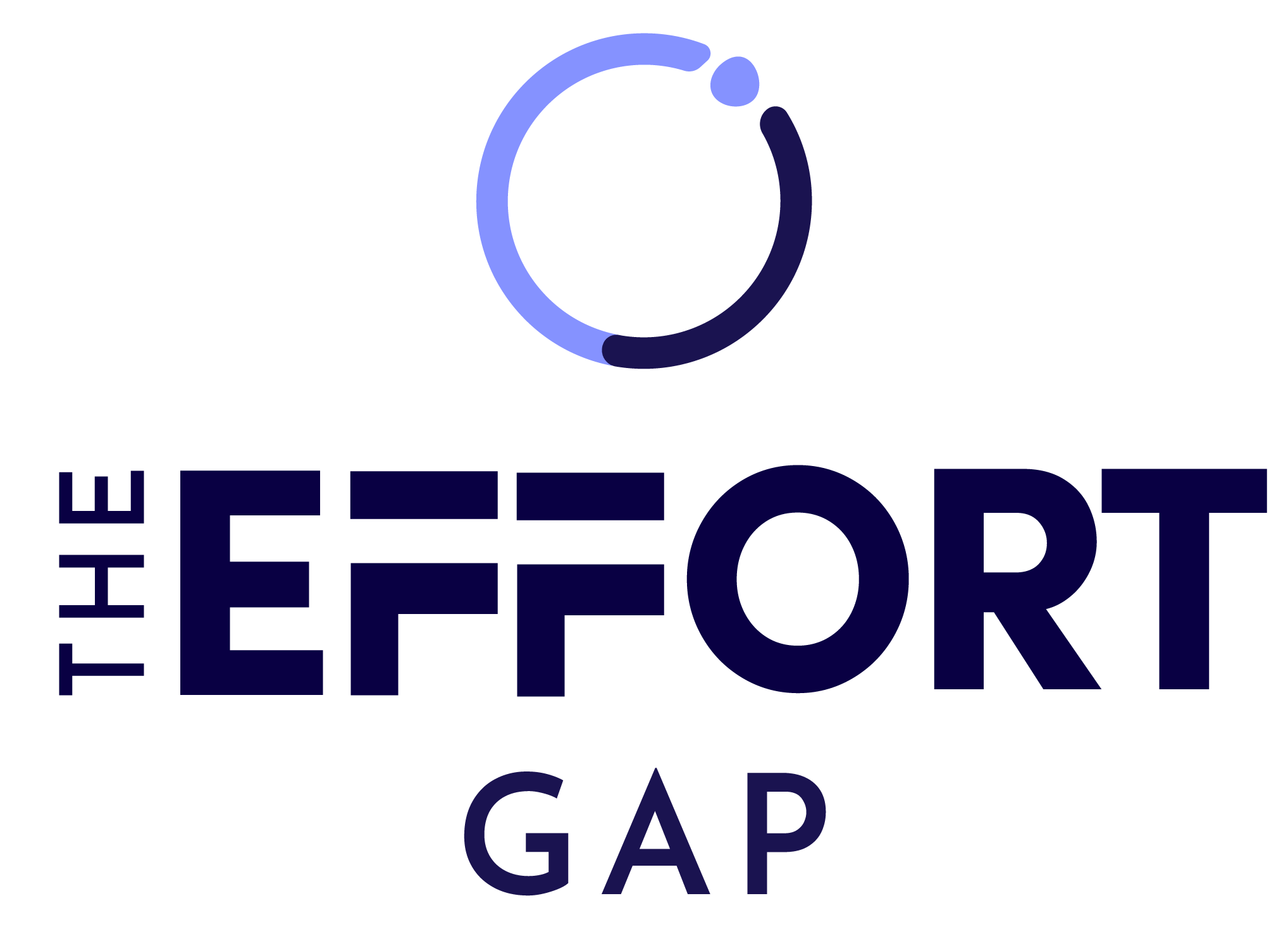Self management is the hallmark of “having your shit together.” But true personal growth doesn’t happen in isolation. It requires a balance of multiple skills. Look at human intelligence and wellness across four pillars:
-
- Self-Awareness (Understand Yourself)
-
- Social Awareness (Understand Others)
-
- Self Management (Lead Yourself)
-
- Relationship Management (Manage Relationships)

Understanding Your Strengths and Areas for Growth
Leading balanced lives requires skills derived from each quadrant. Use this as a roadmap for assessing your current strengths and charting a path for growth in other areas.
✅ Having Self-Awareness without ⛔ Self Management
Knowing yourself isn’t the same, nor is it nearly as impactful, as leading yourself. Personal growth involves not just understanding your emotions but also developing the skills to respond to them effectively.
If you are self-aware but lack self management skills, you possess a keen understanding of your emotional triggers and inner workings, but find it challenging to control your responses in real-time situations.
When Introspection Doesn’t Translate into Self Management
Racing thoughts and emotions overwhelm or paralyze you, leading to impulsive reactions you may later regret.
Even with high self-awareness, limited self-management skills will make it hard to stay composed, maintain focus under pressure, and make decisions. There is a disconnect between your understanding of what you are supposed to do and your ability to actually follow through.
How to Strengthen Self Management
It is common to overthink and critically self-monitor under these circumstances. Negative self-talk emerges when in-the-moment responses fall short of your understanding of self, leading to frustration and feelings of inadequacy.
One way to break this cycle is to shift your attention outward, away from the self-monitoring, and toward other humans. This frees you from the confines of your own mind, reducing self-criticism while strengthening relationships. Focusing on the people and environment surrounding you fosters a more calm and natural way of being.
Getting Shit Done Takes Self Management
Dividing goals into smaller, more manageable tasks generates momentum and creates a sense of accomplishment with each completed step. A common misconception is that dopamine is a reward chemical released when we achieve what we want. The process of pursuing a goal generates dopamine (aka motivation), but it diminishes once the goal is achieved.
So, if you rely on being happy after you get what you want, you will perpetually be chasing happiness. Seek contentment in the present moment, instead of chasing a nebulous state of “happiness” in the future. Achievement results from consistency of effort, not motivation or perfection.
Glennon Doyle’s podcast, We Cad Do Hard Things, offers more insight about cultivating self-awareness and moving it into action.






